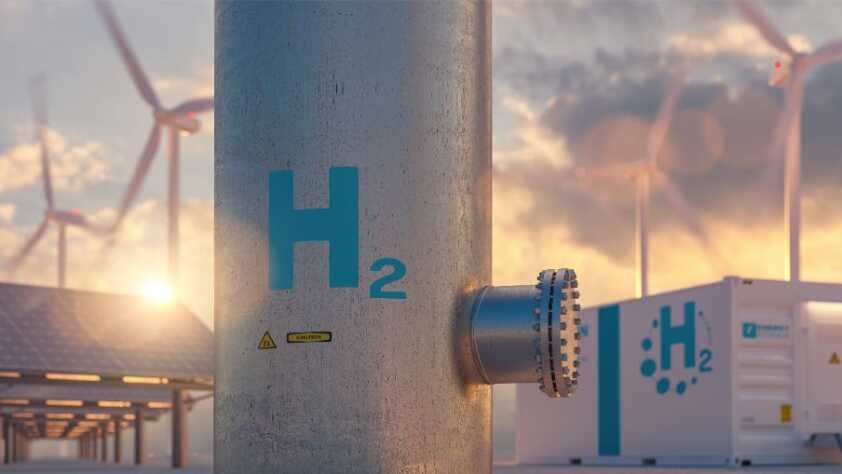The Chamber of Minerals and Energy of WA (CME) has stressed that today’s government roundtables, hosted by Resources Minister Madeleine King, needed to result in action to support the WA critical minerals sector and its role in the energy transition, now and into the future.
CME Chief Executive Rebecca Tomkinson said governments needed to deliver on promises to streamline regulatory approvals and provide the policy and fiscal certainty that would improve Australia’s competitive position.
“Targeted and evidence-based government support for the nickel and lithium sectors in the near-term makes sense given the significance of these industries to local employment, the economy and our national strategic interests,” Ms Tomkinson said.
“We have said before that deferred royalty payments would likely be the most commercially impactful and administratively simple support measure the WA Government could enact. This should be considered in the immediate term alongside possible measures at a federal level such as a production tax credit.
“At today’s roundtables, we’ll be articulating a range of initiatives that the State and Federal Governments can implement to keep the WA resources sector consistently competitive across all the commodities we produce.
“We’re seeking actions and results from today, so all options should be considered.”
Ms Tomkinson said a lack of efficiency, timeliness and certainty in approvals remained a key barrier that the State and Federal Governments could remove. She added that competitive fiscal settings and industrial relations reforms that delivered higher productivity were within the Federal Government’s control.
“The Government can use today’s collective discussions as a catalyst to move forward on initiatives that reduce financing, capital or operating costs such as low-cost funding, capital grants or production tax credits,” she said.
“The Australian Government also has an opportunity to work with our trading partners to support the development of price and ESG transparency in critical and battery minerals markets.
“At the state level, the provision of turnkey strategic industrial areas and other common user infrastructure, including low emissions, reliable and cost-competitive energy, can drive economies of scale and reduce operating costs.
“WA has the resources, operational stability and ESG credentials to deliver what the world needs for its energy future but, like any business, we need to be agile and competitive.”
Ms Tomkinson added that the Australian Critical Minerals Strategy 2023-2030 remained unclear as to its practical support for the immediate and longer-term sustainability and growth of the critical minerals sector.
“We’re still waiting on the detail behind the critical minerals list and the strategic materials list to determine the benefits in the near, mid or longer-term,” she said.




